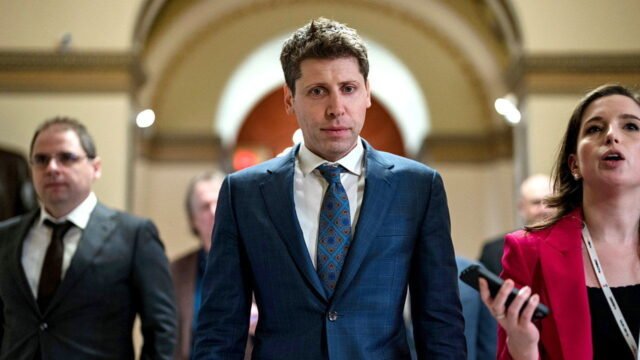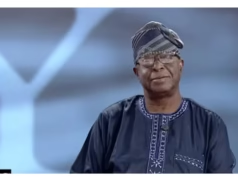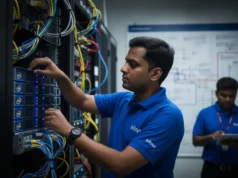In a courtroom drama that could reshape the rules for artificial intelligence and copyright, OpenAI stands to lose potentially billions of dollars if a U.S. court demands it to hand over internal communications it insists are protected by privilege. At the heart of the fight is whether emails, Slack messages, and in-house counsel deliberations about purged datasets and legal strategy may expose the tech giant to willful infringement claims — a classification that carries far steeper penalties.
While the dispute plays out in New York, the outcome is being watched globally, including in innovation hubs like Nigeria, where AI adoption—and legal ambiguity—are accelerating fast. What is at stake now could define the boundary between legal risk and unchecked AI ambition for years to come.
Table of Contents
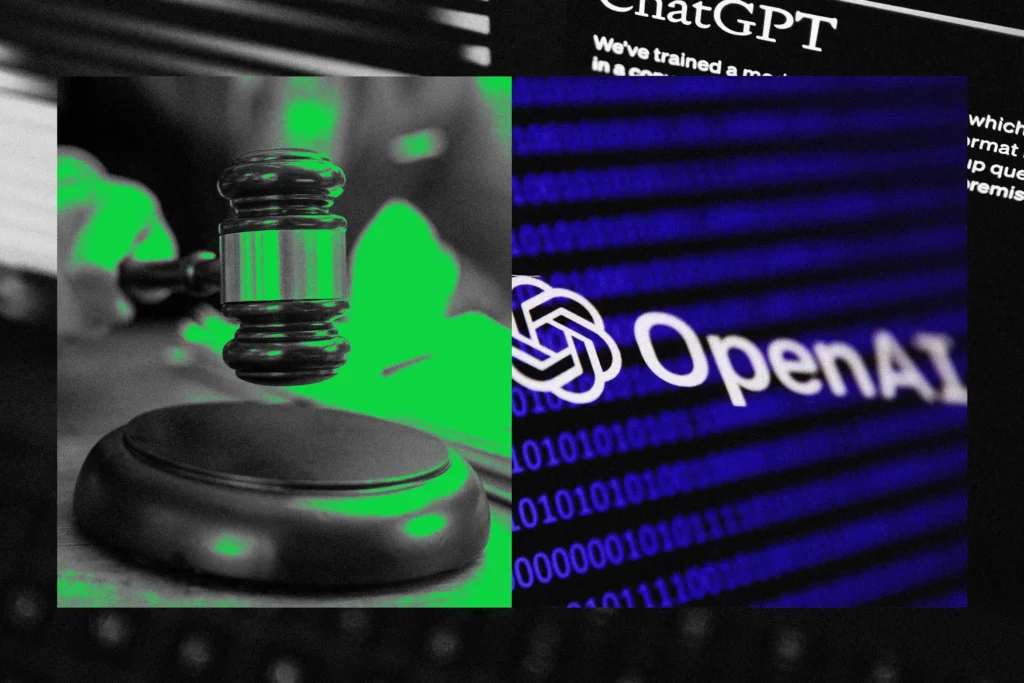
The Crux of the Dispute: Privilege vs. Accountability
Publishers and authors who accuse OpenAI of training its models on pirated books have already obtained some access to internal communications. They argue that emails and Slack logs showing how OpenAI destroyed a dataset known as “Books1/Books2,” and discussions around its legal exposure, are evidence of willful infringement — potentially triggering enhanced damages up to $150,000 per work, according to Bloomberg Law News.
OpenAI, however, claims that many of these communications are shielded by attorney-client privilege or work product protections. The company wants the court to recognise a form of “AI privilege” — giving it leeway to withhold documents tied to legal advice and internal deliberation.
A federal judge recently rejected parts of OpenAI’s blanket claim to confidentiality, finding that many documents were not strictly legal advice and must be produced. In one ruling, the court ordered OpenAI to turn over Slack messages and emails about the deletion of training data (including ties to the so-called “Library Genesis” shadow library), because those communications were not merely legal in nature.
In response, OpenAI has lodged appeals and aggressively sought to preserve what it considers privileged material. Meanwhile, courts are being pressed to draw fine lines: when does internal deliberation become discoverable fact? And when is legal counsel truly involved, such that the privilege applies?
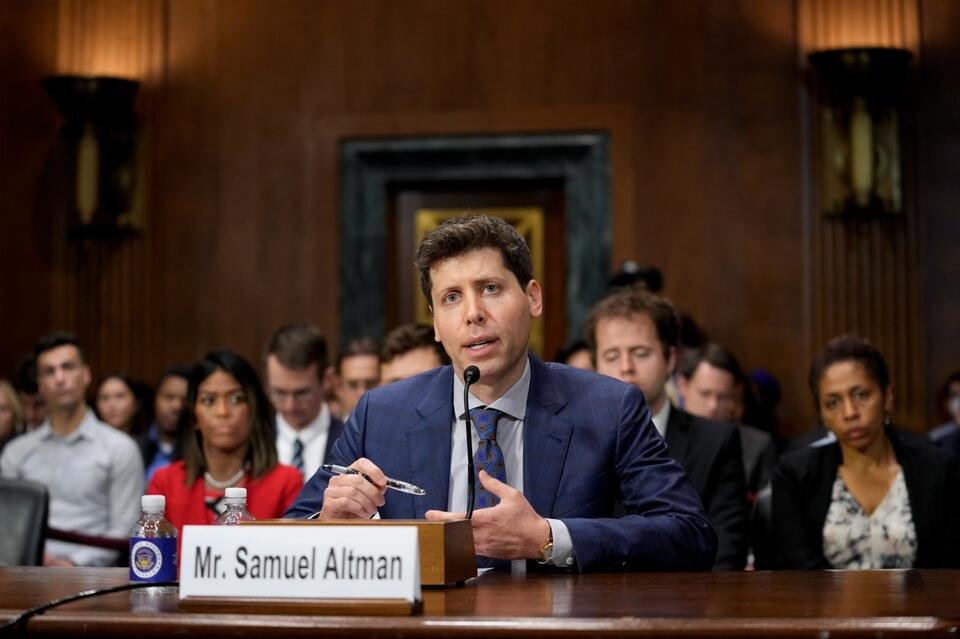
Why Billions Are on the Line
This legal showdown is not just about document exchange; it carries enormous financial risk. Should plaintiffs succeed in proving willful infringement — that is, that OpenAI knowingly misused copyrighted content — the company could face statutory damages multiplied across thousands of works.
Moreover, the risk of evidence spoliation sanctions looms large. If a court concludes that OpenAI destroyed or deleted documents in anticipation of litigation, penalties could include adverse inferences or even default judgments.
Beyond direct monetary exposure, the implications ripple into OpenAI’s investor base, insurance arrangements, and regulatory positioning. A report by Reuters suggests the company has insurance exposure of up to $300 million for emerging AI legal risks — a sum many believe is insufficient to cover the scale of potential liability. In some circles, OpenAI is said to be eyeing “self-insurance” via investor funds and even establishing a captive insurer to absorb the risk.
In short, this case could define whether AI developers are insulated from legal scrutiny or held accountable in the same way as any content user. In Nigeria and elsewhere, the reverberations might influence how AI firms negotiate with authors, publishers, and regulators.
Broader Implications for AI, Governance, and Creative Industries
Regardless of how this particular case ends, its contours are already shaping future practice.
1. Data governance & e-discovery in AI development
The court orders here push AI firms to rethink internal data policies. Systems that routinely purge logs or centralise communications without archival intent may find themselves vulnerable. Organisations are being forced to design AI governance models that accommodate litigation discovery obligations — far beyond conventional server maintenance.
2. Precedent for invoking privilege in AI decisions
If a court accepts a wide “AI privilege” for internal model decisions, companies may argue similar protections in future IP and regulation suits. But if courts limit that privilege, firms must separate technical and legal threads in their internal practices more cleanly.
3. Copyright law and emerging AI frameworks
The dispute intersects with doctrine like “fair use” and how courts treat generative AI training on copyrighted materials. Critics argue that training engines on large text corpora risks systemic overreach. Legal scholars warn that sweeping assertions of fair use may be inadequate to resolve novel AI tensions.
For authors and publishers, this fight could establish a stronger footing to demand licensing or share in AI’s value creation — especially in markets where content creators rely heavily on licensing revenue.
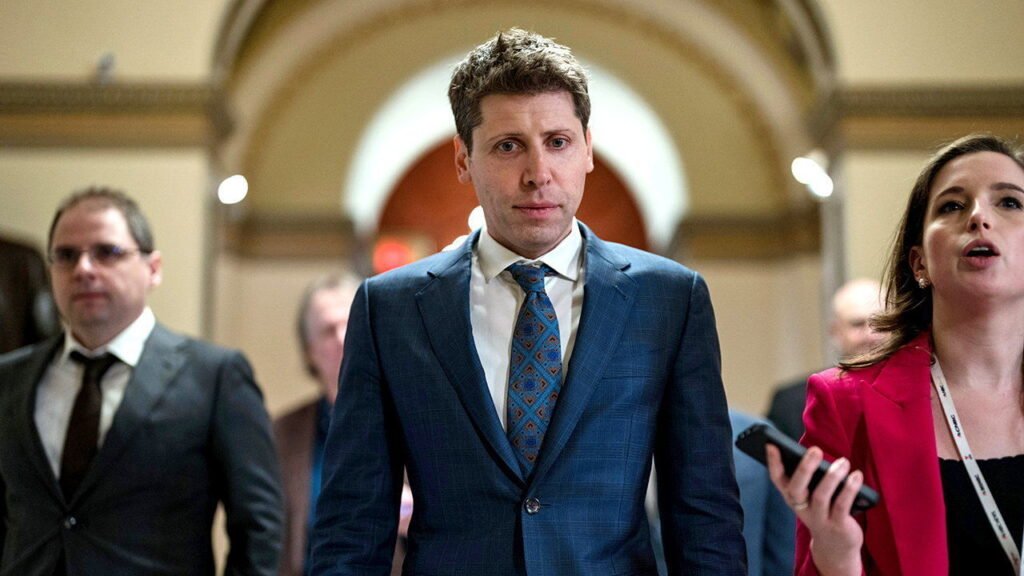
At this inflexion point, OpenAI is caught between its mission to push AI forward and the legal accountability that accompanies leveraging copyrighted content. The court’s decision on privilege and document production will either open the door to full exposure or grant a rare protective shield to AI firms. Whichever way the scales tip, the creative economies, AI innovators, and legal frameworks across continents will feel the effect.
Join Our Social Media Channels:
WhatsApp: NaijaEyes
Facebook: NaijaEyes
Twitter: NaijaEyes
Instagram: NaijaEyes
TikTok: NaijaEyes


